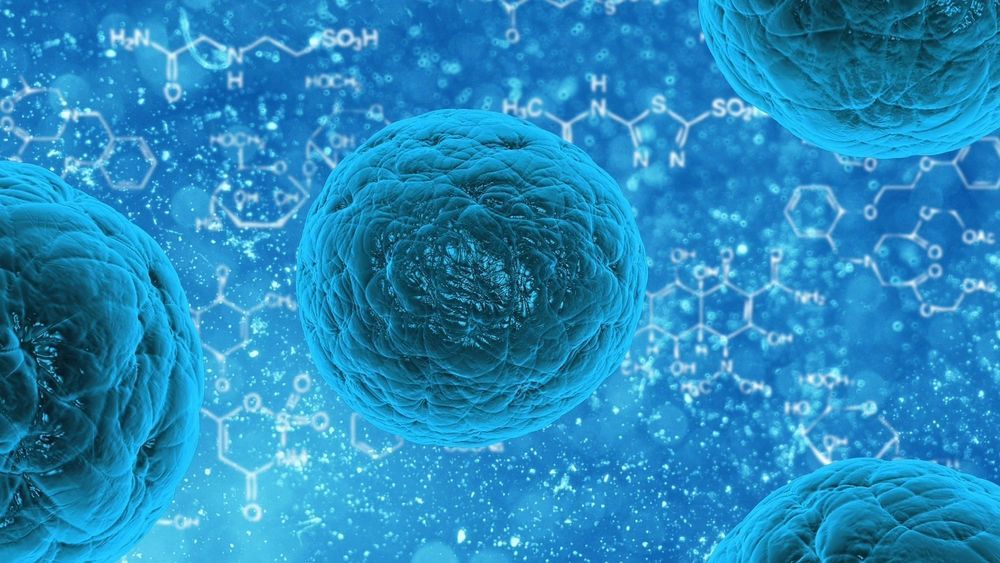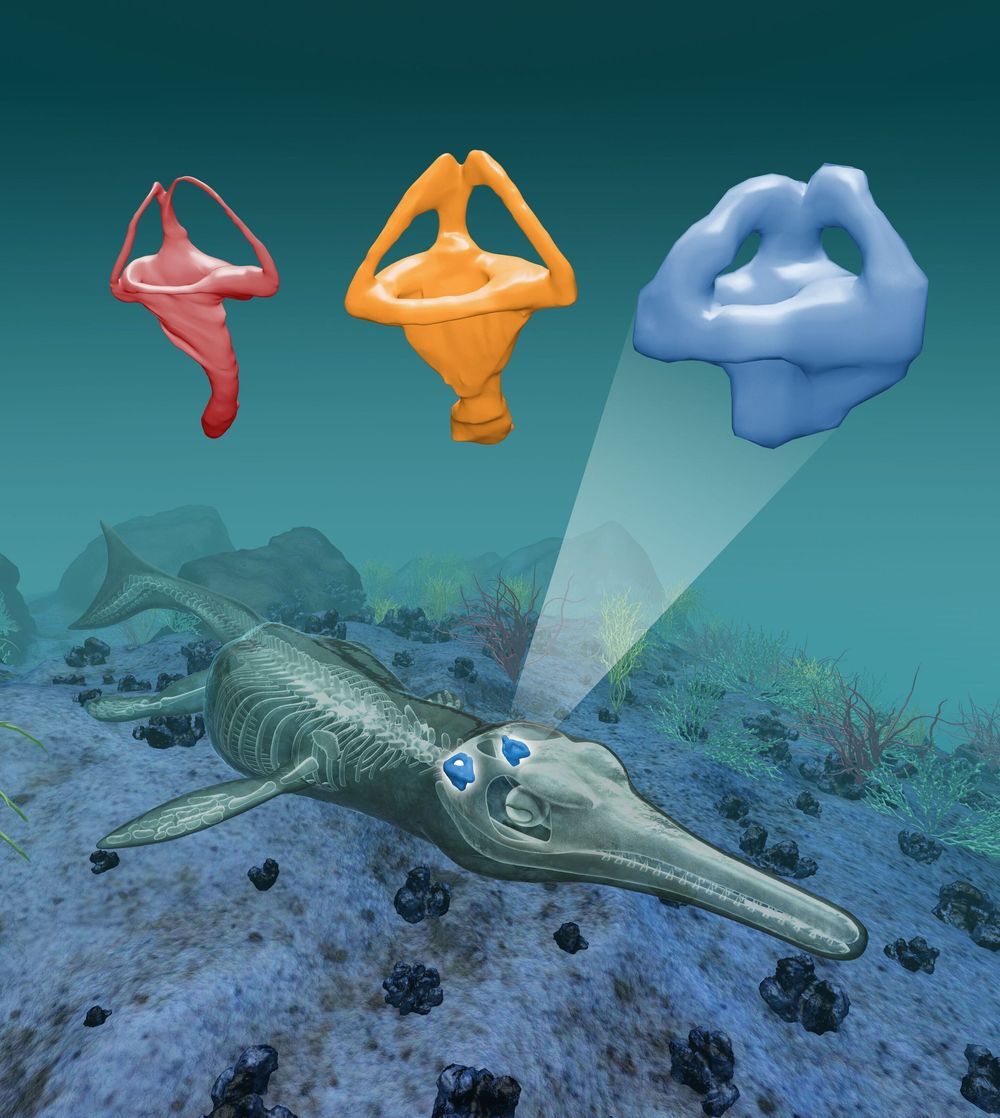A drug that has shown promising results against coronavirus is going to be tested in four hospitals in Israel as part of a global clinical trial involving around forty clinical centers.
The drug, Selinexor, or XPOVIO as it is currently marketed in the US, has been developed by oncology-focused pharmaceutical company Karyopharm Therapeutics. Co-founded by Israeli scientist Sharon Shacham in 2008, the company is based in the US but maintains a regional office in Israel.
XPOVIO was developed for treating patients with relapsed or refractory multiple myeloma. It is FDA approved for this purpose. However, it has the potential to be a tool to fight the coronavirus, and clinical trials are needed to assess its effectiveness, according to Anat Haas Mizrahi, Karyopharm’s Israel general manager; and Dayana Michel, its senior medical director.
“In our research, we are committed also to develop drugs for additional purposes,” Haas Mizrahi told The Jerusalem Post. “One of the studies was focused on viral diseases, and we tested the drug for several of them. When the coronavirus emerged, we decided to look into our data and information, and we realized that there was an option that could be applicable for treating COVID-19, so we started looking into it.”
About a month ago, the company began to work around the clock on the treatment, realizing that the drug had the potential to disrupt the replication of the virus and to mediate anti-inflammatory effects, including respiratory infections. Tests were carried out on several animal models.








